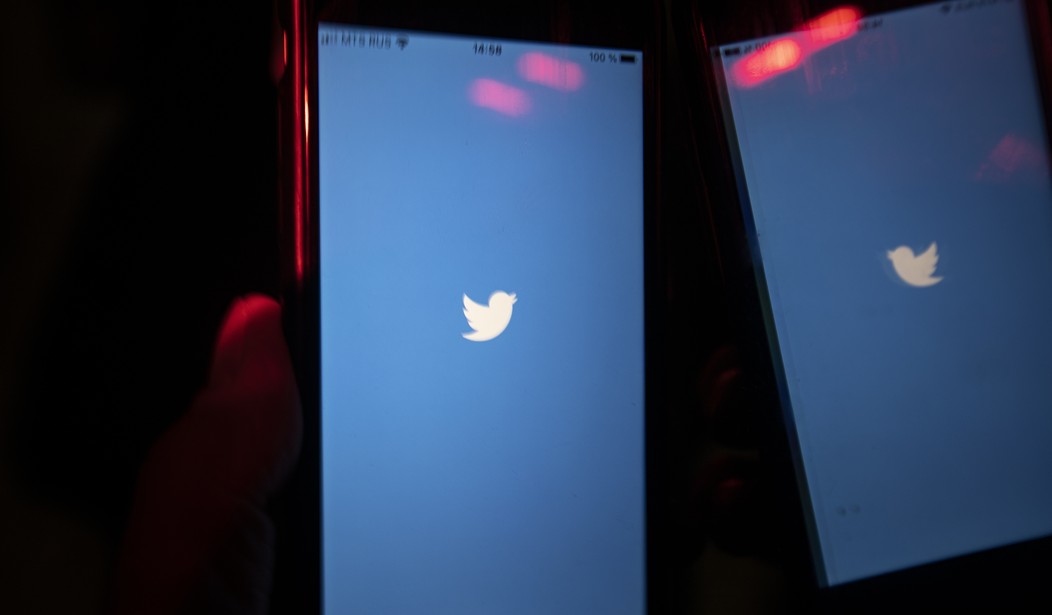Banning smartphones in class improves student performance, especially for lower-income students, and forces kids to interact with each other in ways they never did before. These conclusions and others are from a spate of academic studies that are just now being published after a few years of phone bans in several states.
Currently, eight states have banned cell phones in the classroom with several more considering it. To me, it seems incredible that kids have been allowed to carry a computer into class to text with other students, play games, and generally do anything except listen and learn the lesson being taught.
What's even more incredible to me is that there are teachers who oppose banning smartphones in class. If they used the phones as a teaching aid, I could understand it. But there's very little that a phone can do that a teacher can't.
Pete Etchells, a professor of psychology and science communication at Bath Spa University in England says that “parents, schools, and policymakers are being scared by some really unhelpful rhetoric in the media.” He believes that parents and educators are looking for “immediate solutions because it feels like we’re in an emergency and need to do something quickly.”
Etchells is wrong. Students attended school for hundreds of years without the distraction of smartphones. And we are in an emergency. The plunge in test scores is alarming and needs to be addressed.
At the schools that have restricted phones, many people say they already see benefits. In a Florida school district that Natasha visited — and that went even further than the state law requires, banning phones all day — students now have more conversations at lunch and play games like Twister and pickleball. Before, children mostly looked at their phones, one principal said.
The evidence of the harm caused by cell phones is still mostly circumstantial, especially how cell phones in school affect the mental health of kids. All we know is that childhood depression, loneliness, and other mental health problems have rapidly increased since 2007 when the first iPhone hit the market.
Social psychologist Jonathan Haidt, writing in The Atlantic, cites numerous studies on the alarming rise of childhood mental health issues that correspond with the rise of smartphones.
"Members of Generation Z (born in and after 1996) are suffering from anxiety, depression, self-harm, and related disorders at levels higher than any other generation for which we have data," writes Haidt.
As the oldest members of Gen Z reach their late 20s, their troubles are carrying over into adulthood. Young adults are dating less, having less sex, and showing less interest in ever having children than prior generations. They are more likely to live with their parents. They were less likely to get jobs as teens, and managers say they are harder to work with. Many of these trends began with earlier generations, but most of them accelerated with Gen Z.
Surveys show that members of Gen Z are shyer and more risk averse than previous generations, too, and risk aversion may make them less ambitious. In an interview last May, OpenAI co-founder Sam Altman and Stripe co-founder Patrick Collison noted that, for the first time since the 1970s, none of Silicon Valley’s preeminent entrepreneurs are under 30. “Something has really gone wrong,” Altman said. In a famously young industry, he was baffled by the sudden absence of great founders in their 20s.
Michael Rich, an associate professor of pediatrics at Harvard Medical School who has been studying the issue with the Alberta Teachers’ Association (ATA) since 2011, has a more middle-of-the-road approach.
“The way we approached it, ultimately, is not about blocking smartphones and their use but about looking at the educational task at hand,” Rich says. He wants to spend classroom time showing kids how to get the most out of their smartphones, taking them out of their secure pouches only at select times — "at which point children will be educated about how to use them in a way that will reinforce a positive relationship with their devices."
“We don't just toss kids into wood shop with all the power tools and say ‘Have at it,’” Rich adds. “We teach them how to use them responsibly and carefully—and use them in productive ways.”
Rich says that since smartphones will be with us for the foreseeable future, “Why not overtly teach them how to use these?”
It's an interesting suggestion, but even Rich thinks that phones should be locked up most of the day. Before trying anything else, we should wait a few years for better and more complete data to become available to make any decisions about how much phone use is good for kids.










Join the conversation as a VIP Member